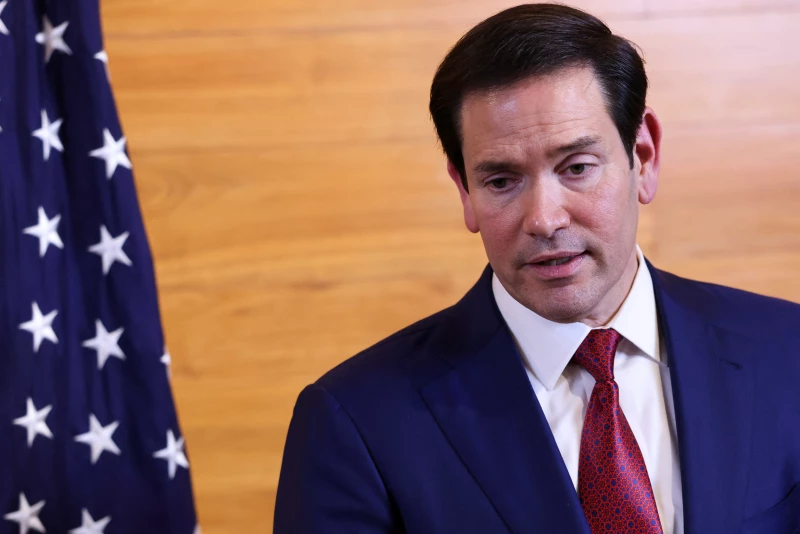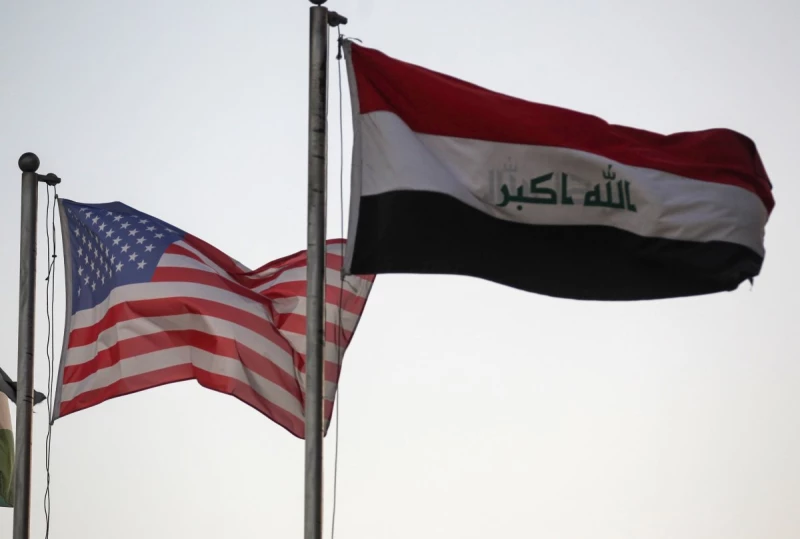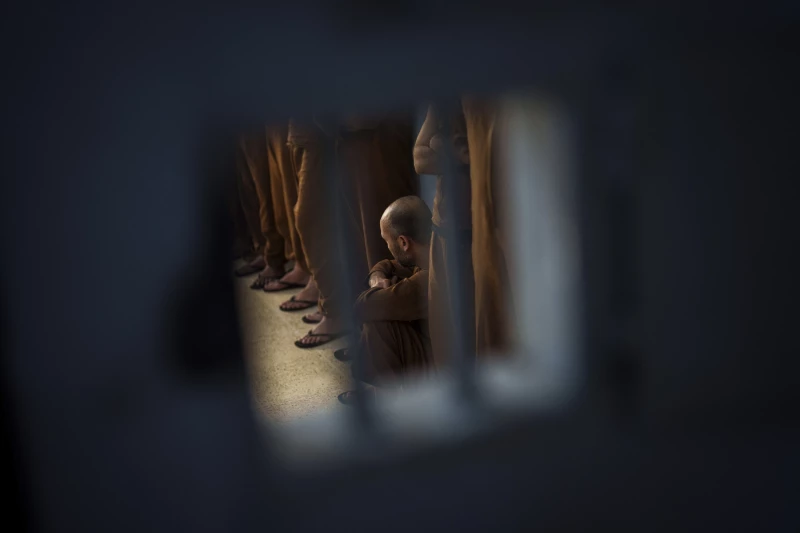ERBIL, Kurdistan Region of Iraq - The tit for tat attacks between the US and armed groups part of the pro-Iran Islamic Resistance will only stop once the US stops attacking Iraqi security forces and sovereignty, an official from the Islamic Resistance’s Nujaba movement told The New Region.
The US on February 2 launched its first round of retaliatory strikes in Iraq and Syria. The US strikes, according to Washington, targeted 85 targets of interest to the IRGC’s Quds Force and pro-Iran militias.
The strikes targeted bases and warehouses belonging to the Popular Mobilization Forces (PMF), killed 16 members of the armed groups and wounded over 30 more.
Following the first round of responses, The New Region interviewed Mahdi al-Kaabi on February 5, who is a prominent leader within the ranks of the Nujaba movement, an armed group part of the pro-Iran Islamic Resistance network and officially considered as the 12th brigade of the PMF.
Since our interview with Kaabi, a US drone strike killed three members of the PMF’s Kataib Hezbollah in Baghdad on Wednesday, among them Abu Baqir al-Saadi, who is said to have been in charge of the group’s logistics.
Responding as to when the tit for tat approach between the US and these armed groups will end, Kaabi believed that such decision was completely reliant on the American side, as his group believes it is the US who is unwelcome on Iraqi land.
“When the Americans respect the sovereignty of Iraq and do not infringe on the Iraqi armed forces, nor on the people of Iraq, nor on the Islamic resistance, when the Americans deal with respect for the Iraqi state and for the Iraqi blood there, they will actually stop, because these operations, the departure of the Americans from Iraq, is one of the main and major reasons for the stability of Iraq,” Kaabi told The New Region’s Ibrahim Saleh.
The PMF, though officially incorporated into the Iraqi armed forces, is described by many to share strong ideology with the Islamic Republic, and armed groups functioning under the PMF umbrella are considered part of the informal Iran-led axis of resistance in the region against Israel and western forces.
Nujaba movement, to which Kaabi owes allegiance, has been among the groups most insistent on combating US troops in the country.
When the US announced in January that it would respond to the death of three US service members in Jordan, unlike Kataib Hezbollah who in an official statement said they would suspend attacks on US forces, Nujaba stressed that their attacks would not stop.
Following Wednesday night’s attack in Baghdad, Nujaba called on their followers for a mass mobilization.
Despite sharing strong relations with Iran, both the Islamic Republic and the armed groups claim that Iran does not control their actions against US forces.
“We in Iraq are an Iraqi Islamic resistance. We belong to Iraq and we live in Iraq. It is the right of an honorable Iraqi human to defend his land, his blood and his honor,” Kaabi said when asked if they are truly affiliated with Iran, claiming that defending Iraqi land by Iraqi forces is a right guaranteed by the United Nations.
However he did not fully deny that Iran is an ally.
“For the resistance factions, especially the Nujaba movement, this is a natural matter, as the Islamic Republic enjoys a good relationship with the Iraqi people, meaning an ideological, moral, social, and religious relationship, in addition to its support for the Iraqi state after 2003,” he added.
Following the US attack in Baghdad, the Iraqi government’s military spokesperson released a strong worded statement, saying that such attack “pushes the Iraqi government, more than ever before, to end the mission of this coalition, which has become a factor of instability for Iraq, and threatens to drag Iraq into the circle of conflict,” referring to the US-led global coalition against the Islamic State (ISIS).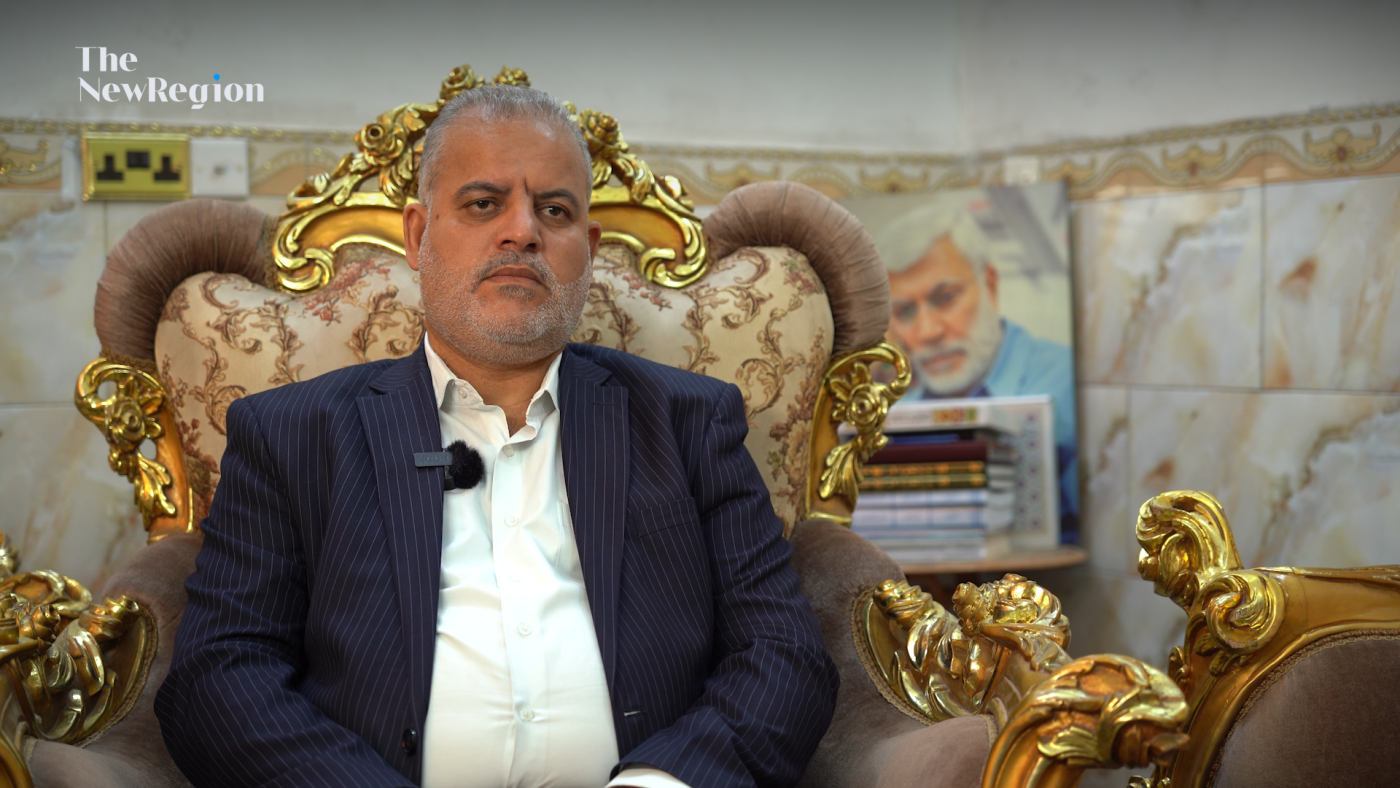
Though the US has on multiple occasions claimed that the global coalition is in Iraq upon the invitation of the Iraqi government to help and train Iraqi troops in the fight against ISIS, and claims that troops remaining in the country serve an advisory and training role, it has always remained a serious question whether the Iraqi armed forces are now able to defend Iraq in case of a new insurgency.
“They are all capable, and we all trust the security services and the Iraqi state is capable of defending the borders of Iraq, able to defend state institutions, and able to defend the Iraqi government and people,” Kaabi said, though not denying that the Iraqi armed forces need better weapons.
“We need to import air defense weapons to secure the skies of Iraq. We also need to diversify the origins of weapons, whether from Russia or others,” he added.

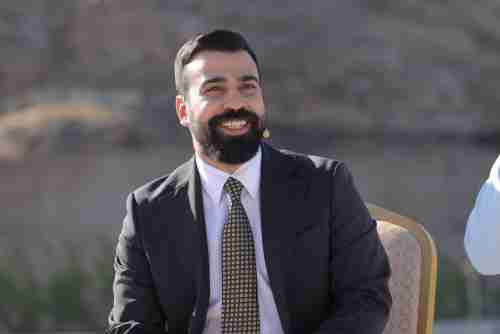
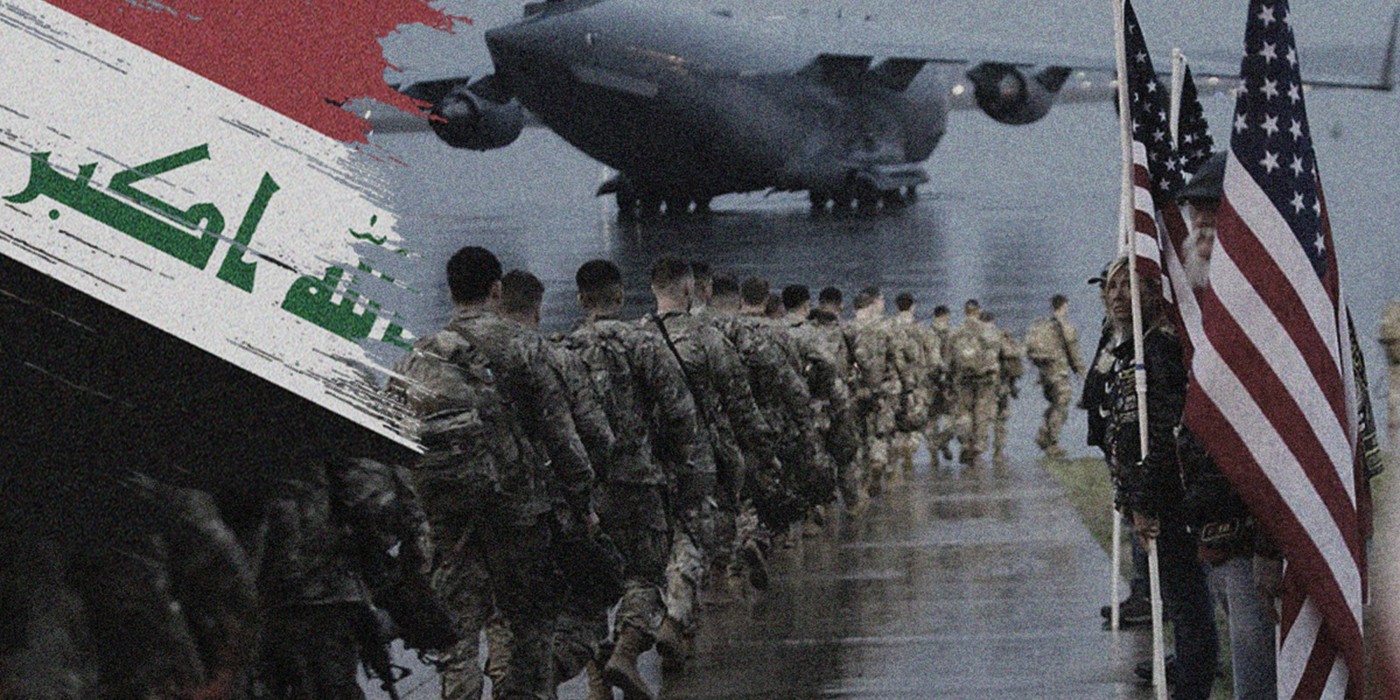
 Facebook
Facebook
 LinkedIn
LinkedIn
 Telegram
Telegram
 X
X
